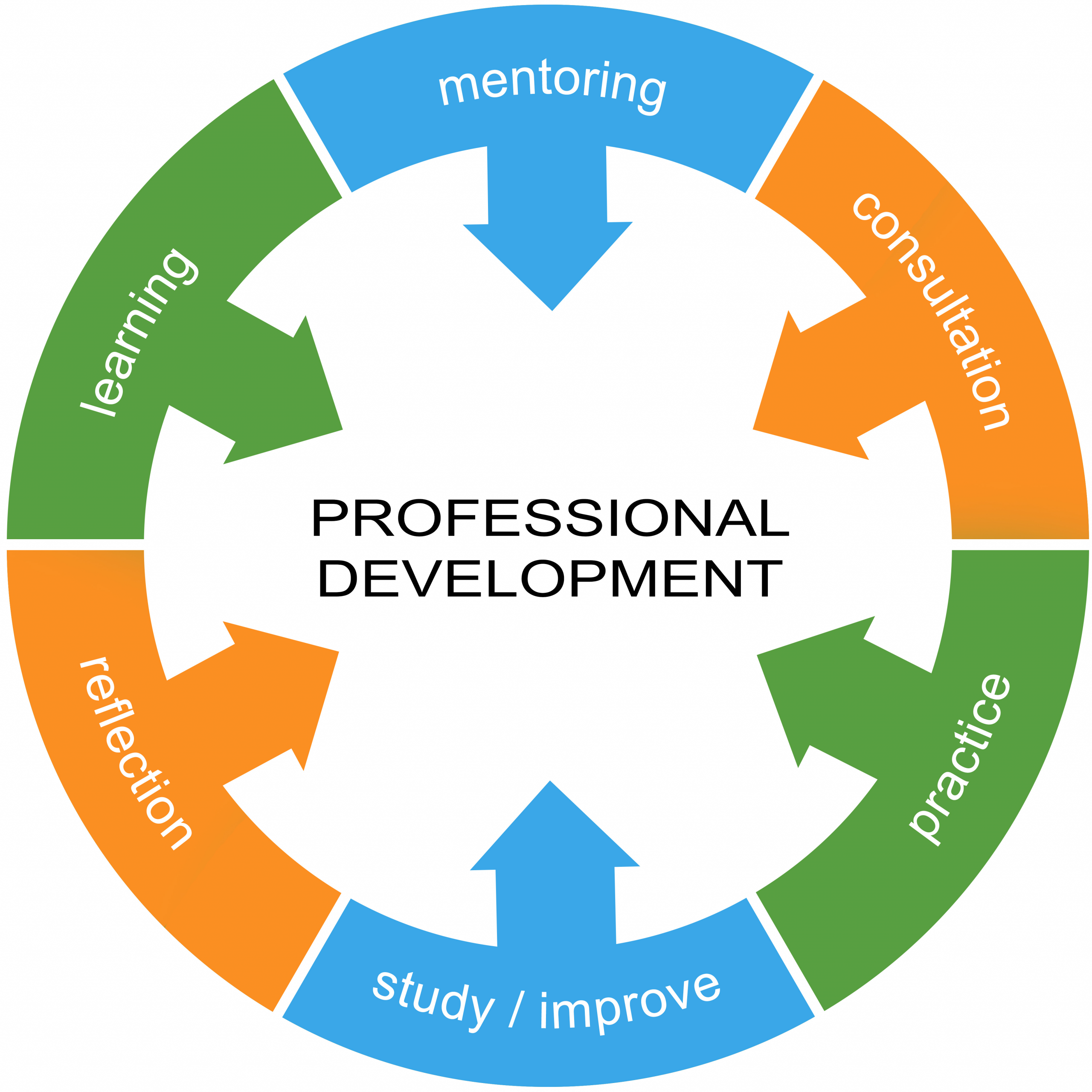Small Business
Businesses Increasing Professional Development and Education Budgets
While students prepare for summer break, many workers may be headed to the classroom, recent research suggests. Nearly one-third (31 percent) of CFOs in a Robert Half Management Resources survey report their company's training or professional ...
May. 12, 2017

While students prepare for summer break, many workers may be headed to the classroom, recent research suggests. Nearly one-third (31 percent) of CFOs in a Robert Half Management Resources survey report their company’s training or professional development budget is higher this year than last. Only 11 percent cite a decrease.
CFOs were asked, “How does your company’s professional development budget for 2017 compare to 2016?” Their responses:
|
Increased significantly in 2017 |
5% |
|
Increased somewhat in 2017 |
26% |
|
No change |
57% |
|
Decreased somewhat in 2017 |
9% |
|
Decreased significantly in 2017 |
2% |
|
No answer |
1% |
|
100% |
“Professional development goes beyond a simple training curriculum or individual performance improvement,” said Tim Hird, executive director of Robert Half Management Resources. “The chance to learn and grow with a company is a key competitive differentiator for recruiting and retaining staff who want to continually improve their skills. Businesses that fail to provide training and ongoing development programs risk losing out on top performers.”
CFOs also were asked, “In which areas, if any, does your firm provide training for accounting and finance employees?” Their responses*:
|
Regulatory compliance |
63% |
|
Technology/software |
57% |
|
Technical skills |
56% |
|
Soft skills |
54% |
* Multiple responses were permitted
Hird added, “As the compliance environment continues to evolve, it’s not enough to educate financial professionals about current mandates. Staff must be given the expertise and tools to apply their knowledge to future regulatory changes. Similarly, technology is advancing too rapidly for professional development programs to focus only on the here and now.”
Robert Half Management Resources highlights six professional development options companies can offer beyond traditional training:
- Guest speakers: Invite experts from within and outside the company to share insights on key issues affecting your team. A fresh voice also can spark new ideas.
- Job rotations: Role rotation programs help staff build different skills, better understand other parts of the business and develop new problem-solving strategies.
- Mentorships: Having seasoned professionals counsel less-experienced colleagues is a tried-and-true strategy. But don’t stop there. Also look for opportunities for newer employees to share expertise that can benefit more senior staff members.
- Cross-departmental teams: Assign employees to project task forces to introduce them to colleagues from other departments and expand their skills. When appropriate, give them leadership positions and greater decision-making authority.
- Tap consultants: These professionals can serve as mentors and assist with training programs. In addition, when their engagements end, coordinate sessions where consultants can pass their key learnings to your full-time staff.
- Volunteering: From planning to collaboration to leadership, these opportunities require competencies all professionals must possess. Support your team’s volunteer efforts. This also may include assisting nonprofit or philanthropic organizations with technical needs such as compliance and budgeting.
The survey was developed by Robert Half Management Resources and conducted by an independent research firm. It is based on telephone interviews with more than 2,200 CFOs from a stratified random sample of companies in more than 20 of the largest U.S. metropolitan areas.
